Local Storage seems to be disabled in your browser.
For the best experience on our site, be sure to turn on Local Storage in your browser.
Hair Loss Treatment For Women
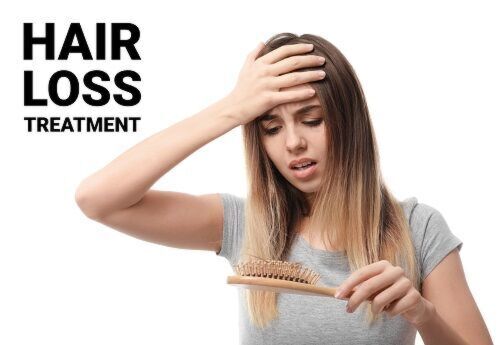
There are various treatment options available for women experiencing hair loss, and the best one for you will depend on the underlying cause of your hair loss. Here are some common treatments:
1. Minoxidil: This is a topical medication that is applied to the scalp and can help to stimulate hair growth. It is available over-the-counter and is approved for use in women.
2. Finasteride: This medication is taken orally and is only approved for use in men, but it has been shown to be effective in some women as well.
3. Hair Transplantation: This involves taking healthy hair follicles from one part of the scalp and transplanting them into areas where there is hair loss.
4.Platelet-rich plasma (PRP) therapy: This involves injecting a concentrated solution of platelets from the patient's own blood into the scalp to promote hair growth.
5. Low-level laser therapy: This involves using a special type of light therapy to stimulate hair growth.
6. Nutritional supplements: Certain vitamins and minerals, such as biotin and iron, are important for hair health, and supplementing with them may help to prevent hair loss.
It is important to consult with a healthcare professional or a dermatologist to determine the underlying cause of your hair loss and to develop a personalized treatment plan.
What is the best treatment for hair loss?
The best treatment for hair loss will depend on the underlying cause of your hair loss.
Can I use minoxidil if I have high blood pressure?
If you have high blood pressure, you should consult with a healthcare professional or a dermatologist before using minoxidil or any other hair growth products. Minoxidil is a medication that is applied topically to the scalp to stimulate hair growth. While it is generally safe and effective for most people, it can sometimes cause a drop in blood pressure, especially if it is absorbed into the bloodstream.
If you have high blood pressure or are taking medication for high blood pressure, it is important to talk to your doctor before using minoxidil. Your doctor may need to monitor your blood pressure more closely while you are using minoxidil or may recommend a lower dose or a different hair growth treatment altogether. It is important to follow your doctor's advice and not to use minoxidil or any other hair growth product without their approval if you have high blood pressure.
What foods can cause hair loss and bad hair growth?
There are several foods that can potentially contribute to hair loss and poor hair growth. These include:
High-glycemic-index (GI) foods: Consuming foods with a high GI can increase insulin levels in the body, which can lead to hair thinning and hair loss.
Sugar: Eating too much sugar can cause inflammation in the body, which can contribute to hair loss and slow hair growth.
Processed and fried foods: These types of foods are often high in unhealthy fats and lack essential nutrients, which can negatively impact hair health.
Alcohol: Drinking excessive amounts of alcohol can lead to dehydration and nutrient deficiencies, which can lead to brittle, dry hair and slow hair growth.
Fast foods: These are often high in salt and unhealthy fats, which can lead to inflammation and poor hair health.
Caffeine: Drinking too much caffeine can dehydrate the body and cause mineral imbalances that can negatively affect hair health.
Low-protein diets: Protein is essential for healthy hair growth, and a diet lacking in protein can result in hair thinning and hair loss.
It is important to note that while certain foods can contribute to hair loss and poor hair growth, other factors such as genetics, hormones, and medical conditions can also play a role. If you are concerned about hair loss or poor hair growth, it is best to speak with a healthcare provider.
Is it healthy to shampoo your hair every day?
Shampooing your hair every day can strip your scalp of its natural oils, which can lead to dryness, irritation, and potentially cause damage to your hair. However, the frequency of how often you should shampoo your hair can vary depending on your hair type, texture, and lifestyle.
For example, individuals with oily hair may need to shampoo more frequently to keep their scalp clean and prevent buildup, while those with dry hair may only need to shampoo once or twice a week to avoid drying out their hair further.
In general, it is recommended to wash your hair every two to three days or as needed. You can also consider using dry shampoo or co-washing (washing with a conditioner instead of shampoo) to help maintain your hair's natural oils. It is best to consult with your hair stylist or a dermatologist to determine what is the best hair care routine for you.



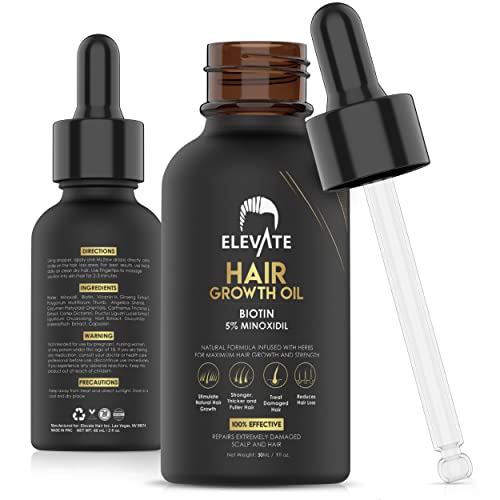







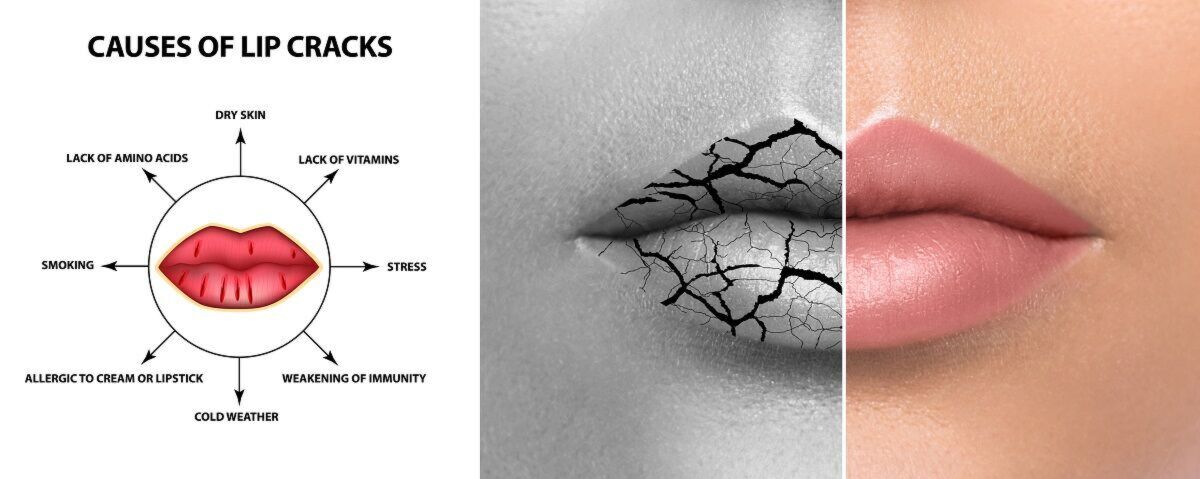







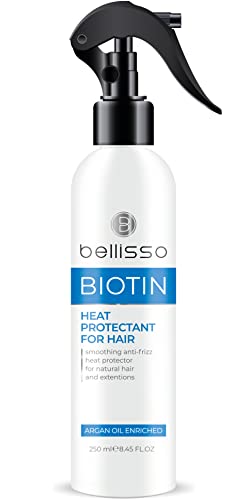
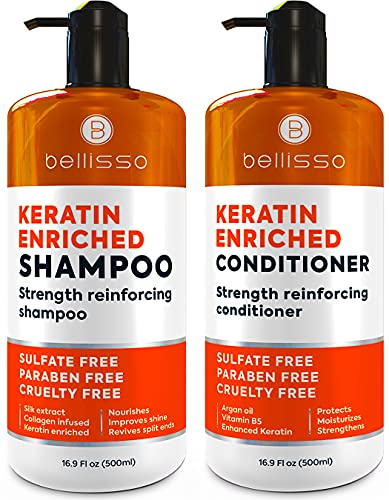
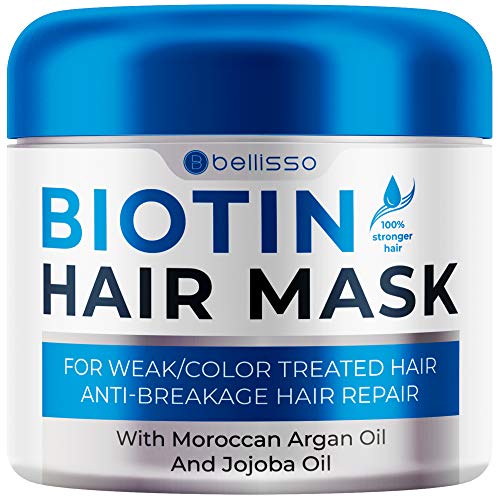
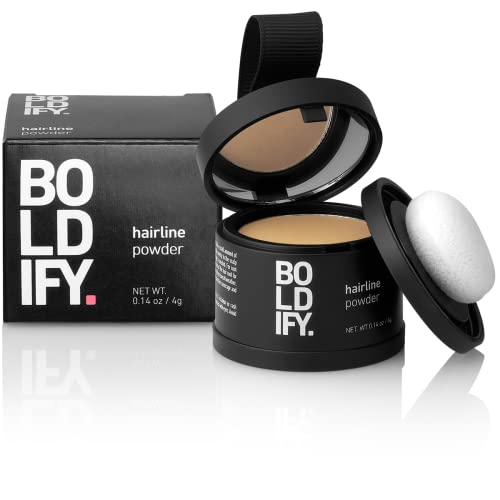

Comments